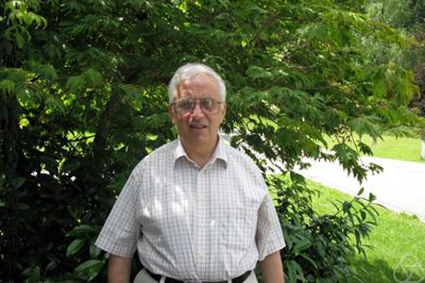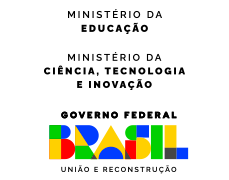Gregory Margulis: Barred by the Cold War

In 1978, at the height of the Cold War, Gregory Margulis was awarded the Fields Medal at the 18th International Mathematical Congress in Helsinki (Finland). Born in Moscow in the then Soviet Union, he was denied a visa by the Soviet authorities and was unable to attend the event personally.
After studying Mathematics at Moscow University, he had gained notoriety for his work on Lie Group Theory. In conjunction with his fellow countryman David Kazhdan he produced the Kazhdan-Margulis Theorem, but it was the 1975 Superrigidity Theorem that drew great attention of the mathematical community.
Read more: Largest prime number in the world has 23 million digits
Salvatore Pincherle (1853-1936): overcame the barriers of war
ICM 2018 launches YouTube channel with welcome video
Of Jewish origin, Margulis had “intimate enemies”, as the Soviet mathematician Lev Pontryagin. Accused of anti-Semitism, Pontryagin was a member of the executive committee of the International Union of Mathematics (IMU) at the time of his Fields Medal and voted against him for the prize.
After he could not go to the 1978 ICM, Margulis finally got his hands on his Fields Medal the next year, when he was granted permission from the government to leave the country for three months to go tothe University of Bonn, in Germany.
In 1990, Margulis immigrated to the United States, where he became a researcher for top institutions such as Harvard and Princeton. He was later appointed to a position at Yale University, where he remains as an Erastus L. De Forest professor.
Elected a member of the National Academy of State Sciences in 2001, he was awarded the Wolf Prize in 2005 for his contributions to mathematics.
Read more: Deadline for financial aid for ICM 2018 was extend
Salvatore Pincherle (1853-1936): overcame the barriers of war
IMPA and SBM launch document about Brazilian mathematics


